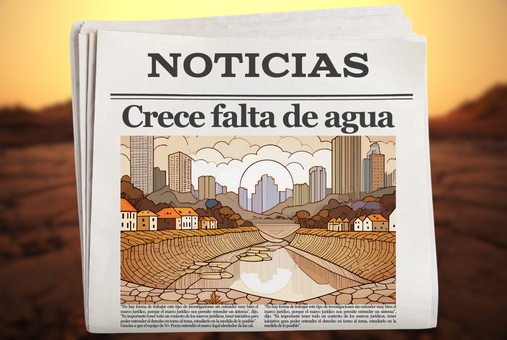
Disinformation and obstacles to accessing public information are some of the challenges that journalists from Bolivia, Colombia and Mexico have faced when covering issues related to water. Reporters shared recommendations to improve coverage of the water crisis, including the use of long-term and long-form reporting.
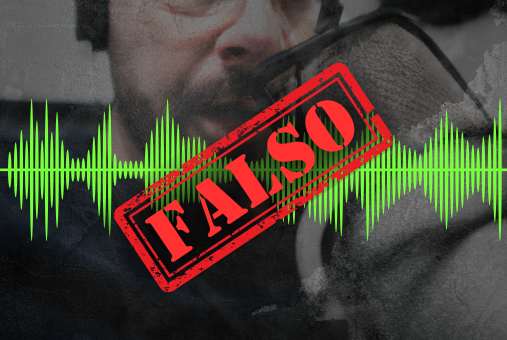
After presenting VerificAudio, an AI tool to detect manipulated audio material and combat disinformation, the PRISA media group will begin using it in its news stations in Spain, Mexico, Colombia and Chile. It’s also considering collaboration with other media that are interested in the tool.
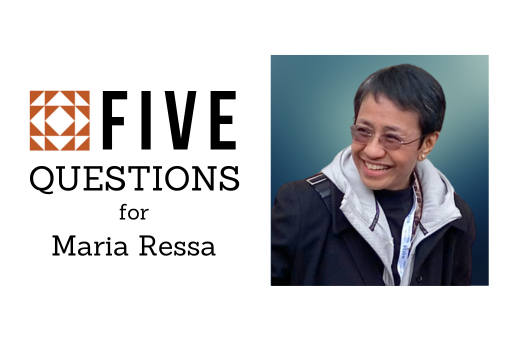
Journalist and 2021 Nobel Peace Prize laureate Maria Ressa, who was attacked by an authoritarian regime for her critical journalism in the Philippines, said the harassment faced by many journalists working today in Latin America is identical to what she experienced. In our 5 Questions section, she advises her Latin American colleagues to join forces, collaborate and seek support.
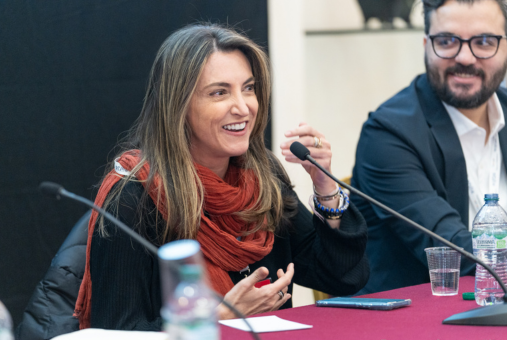
The importance of monitoring disinformation in political campaigns, the risks of using social networks to influence public discourse and the current role of fact checking were some topics that panelists from Argentina, Brazil and Mexico addressed at the International Journalism Festival 2024, in Perugia, Italy.
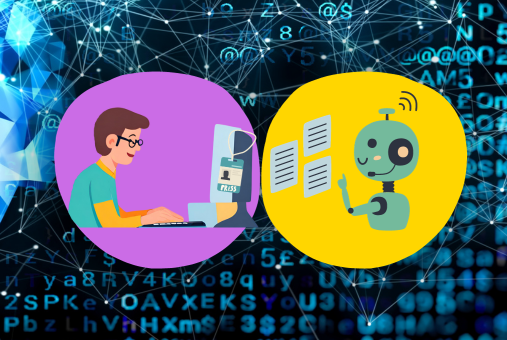
The IAPA, ANJ of Brazil and the AMI of Colombia are some of the more than 25 media associations from around the world that signed the Global Principles on Artificial Intelligence, which seek to guide the application of said technology in an ethical and transparent manner, and to protect the credibility and intellectual property of journalistic content.

The fact-checking coalition C-Informa of Venezuela won the Journalistic Excellence Award of the Inter American Press Association, in its category of data journalism, for revealing the social media disinformation strategy of Nicolás Maduro's regime. Learn more about the winning work in this article.

At the 2023 Global Disinformation Summit, journalists from various media outlets and organizations in the region highlighted the importance of identifying actors, regional patterns and business models behind disinformation campaigns that affect sensitive issues such as elections, migration, health, and gender.
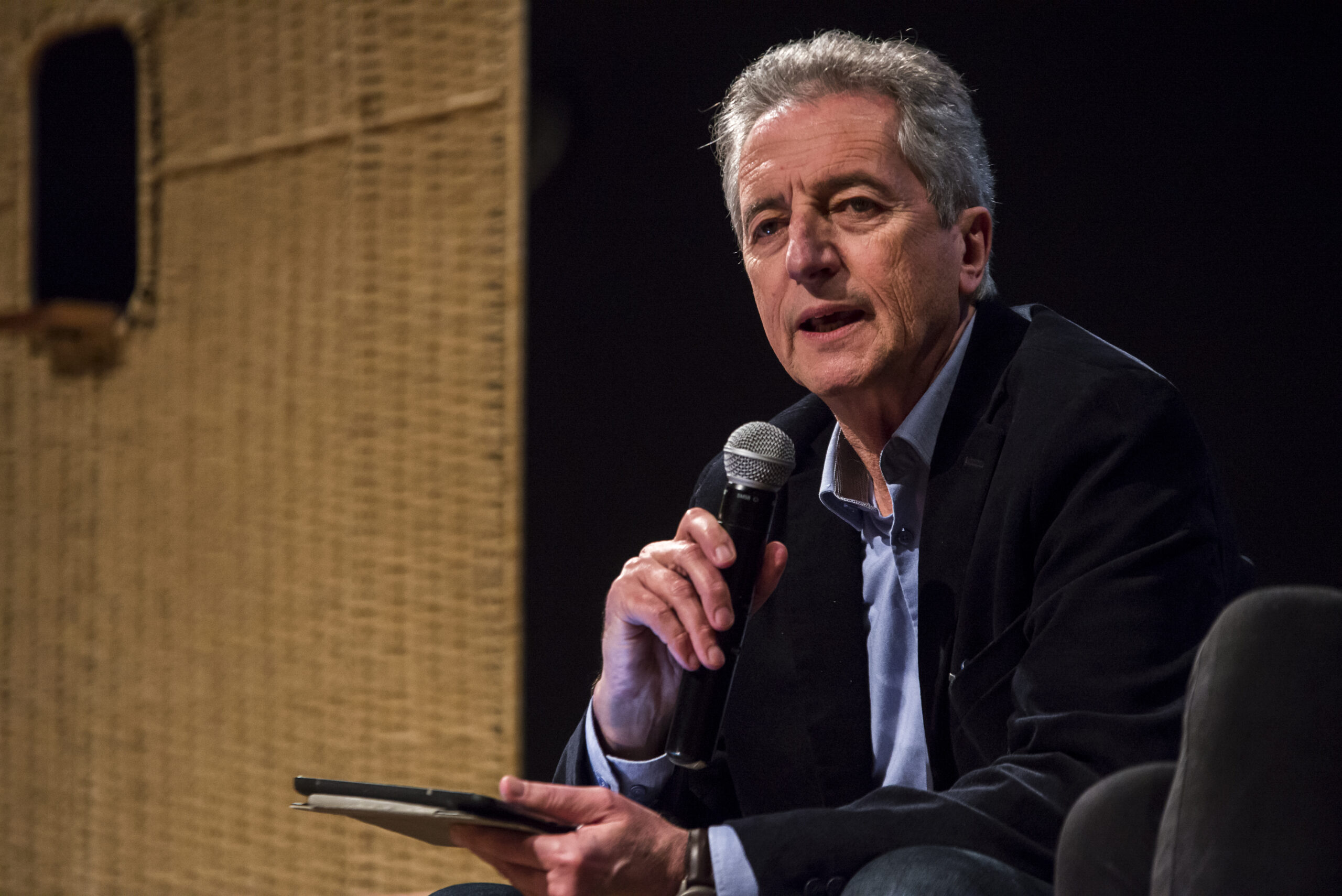
Journalist and researcher of media and digital platforms Daniel Mazzone analyzes the role of journalists in the face of fake news and a digital society. His book "Máquinas de Mentir [Lying machines]" uncovers new work perspectives from within the journalistic community and the structuring of a new contract with society.
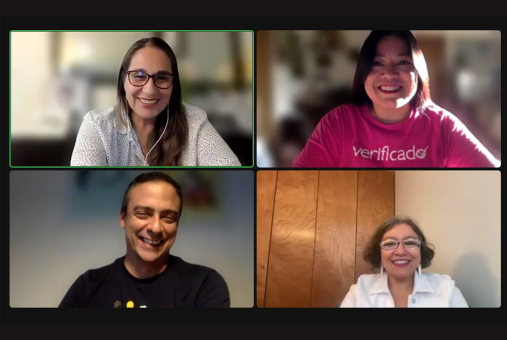
In the last of four webinars of the Network for Diversity in Latin American Journalism, panelists shared key points to show how journalism can counteract dangerous discourse that creates disinformation. Among these points were the role of algorithms in spreading such discourse, how to avoid stigma and editorial strategies focused on diversity.

Faced with the disinformation created by images generated with artificial intelligence, a project led by Adobe seeks to implement a technological standard that provides data on the origin and alterations of digital content on the Internet. Although it is in its early stages, more than 50 news outlets and fact-checkers in Latin America have already joined as members.